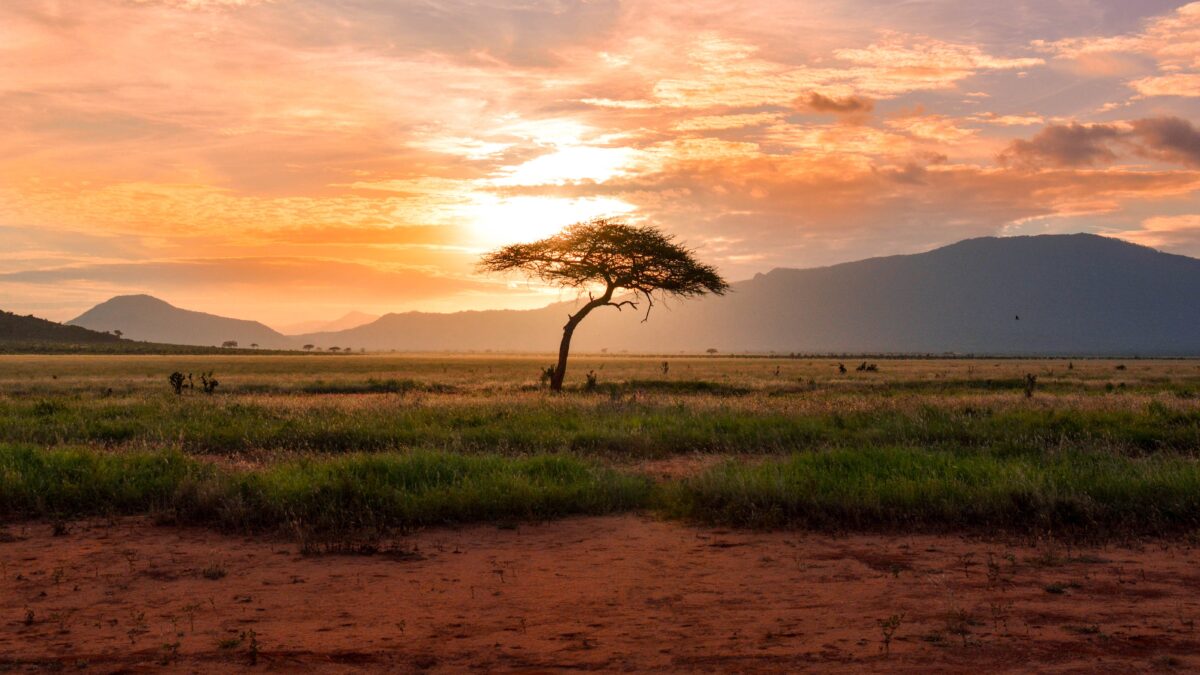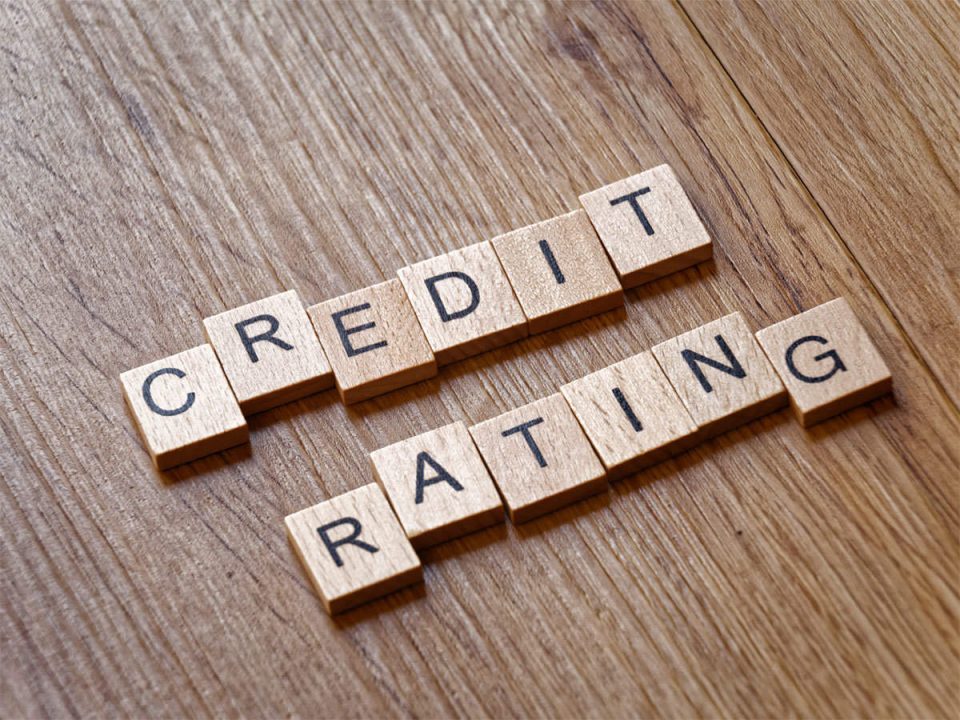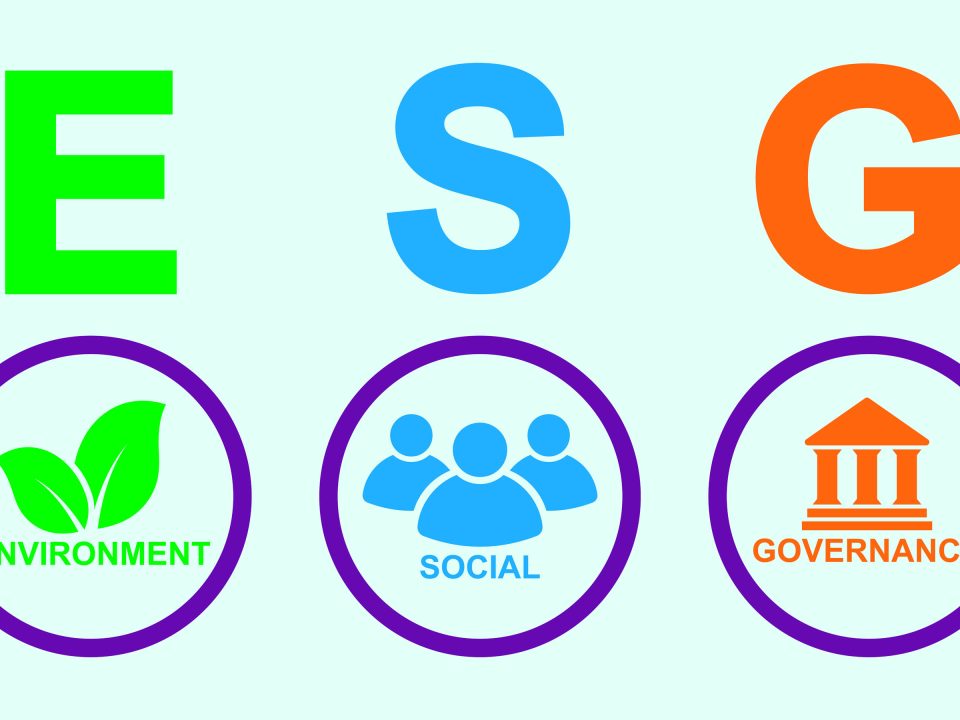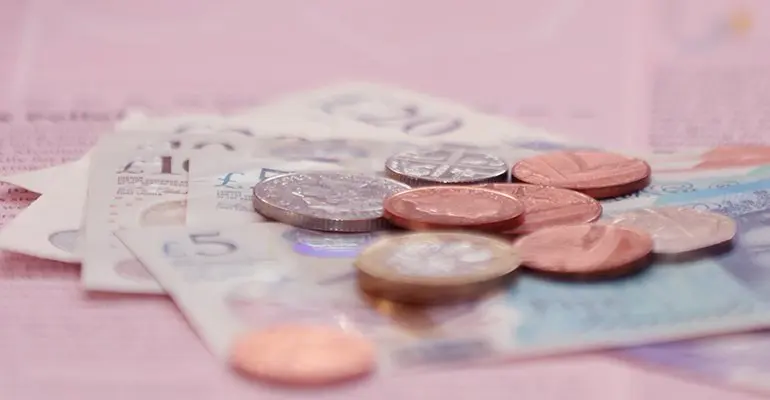
Green Hydrogen fuel potential in sub-Saharan Africa
July 26, 2022
Climate Change not Worsened by African Gas – Mo Ibrahim Foundation
July 29, 2022Energy is the engine of growth and there is no development without it. Achieving the United Nations’ Sustainable Development Goals (SDGs) highly depends on access to modern, sufficient, and efficient energy for all. People with little to no access to this critical resource may be deprived of the opportunity to be part of the global progress the SDGs seek to secure.
Currently, most sub-Saharan countries are striving to develop and use sustainable renewable energy with zero, low, or neutral
greenhouse gas emissions, since their energy generation is unable to meet the energy demanded by its citizens. The region’s long-term economic growth and competitiveness fundamentally depend on establishing a reliable access to energy services as industrial growth brings about socio-economic growth and development. For this reason, to fully harness the renewable potential in the region, there should be established systems and structures for monitoring and implementation. These systems and structures may include the following.
Financial and Economic investments: Having renewable potential with the right technology is a key to increasing energy accessibility but the complexities of the development of these renewable energies involve huge capital to set up. The main sources mostly available for financing the expansion of renewable energy in Africa are developing partners like the World Bank, and USAID which have played a critical role in most of the African power sectors in recent times. While the various governments are building more enabling business environments, it falls on the private sector to ensure that the continent’s abundant renewable energy
resources are developed sustainably. African investors should invest in the region to transform the continent economically and socially through long-term investments in energy infrastructure. Governments in the region must put in prudent policies, and tax systems to achieve higher economic growth that targets both monetary and fiscal policies as well as market discipline.
Regional Integration and Cooperation: Building a sub-regional grid infrastructure and energy markets would ensure stability and reliability for both citizens and industry. The level of integration for such an undertaking requires high legal, institutional, and technical capacities within regional power pools. The existing five power pools in Africa; the Southern African Power Pool, West African Power Pool, Central African Power Pool, East African Power Pool, and Arab Maghreb Union should enhance the integration of renewables and employ bulk inter-regional networks to harness the full benefit. The opportunities created by the cross-border flow of electricity would make small load countries and those with less renewable potential have access to reliable sources of supply due to economies of scale. Also, countries that depend on fossil fuel imports will reduce their demand.
Renewable energy regulatory and support system: governments have a key role to ensure policies and infrastructure systems are coherent, consistent, and favorable within the region and should encourage the advancement towards the adoption of low carbon emissions technology. Government agencies and institutions should develop a regulatory framework on renewable energy security, and efficiency and integrate them into other energy policies.
Technical and capacity building: Governments should create an institutional environment that fosters the development and strengthen relevant skills, knowledge transfer, and experience. This will enable Climate research institutions and academics to focus efforts on human capacity building, and technical support to help stakeholders such as government agencies, non-
governmental agencies, project developers, and individuals to develop, manage and maintain renewable energy technologies.
The sub-region has a momentous opportunity to lunge to modern renewable energy. Governments in the sub-region must ensure sound security and political environments to attract more domestic and international investment in the renewable sector.




